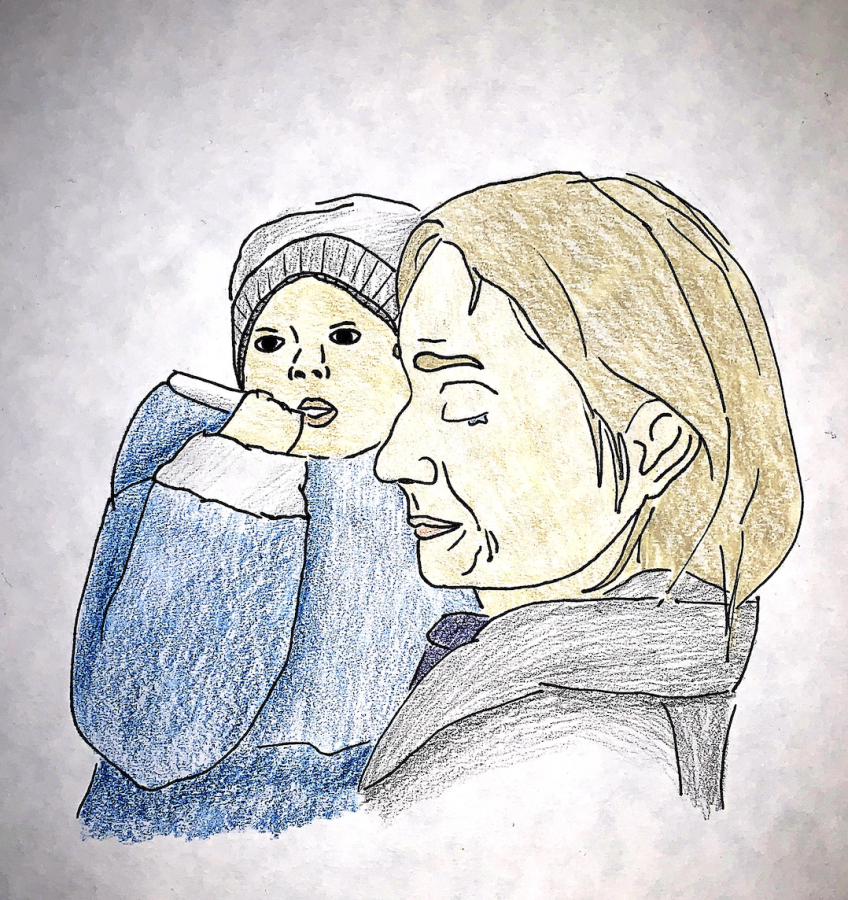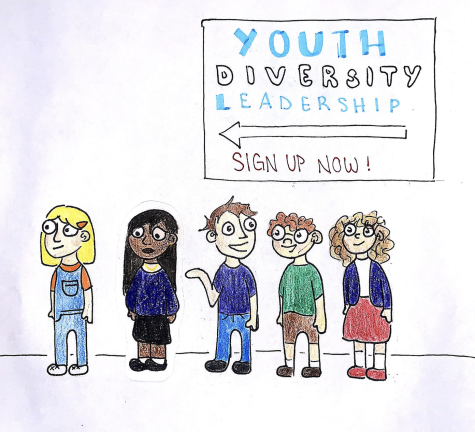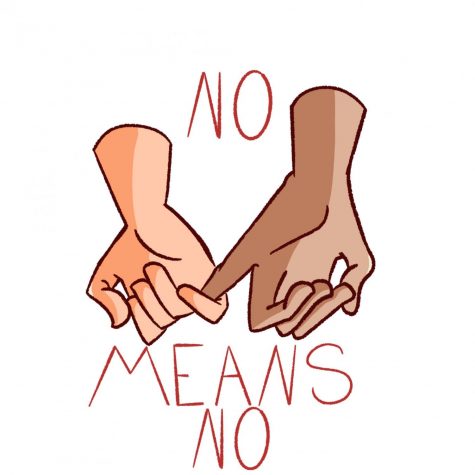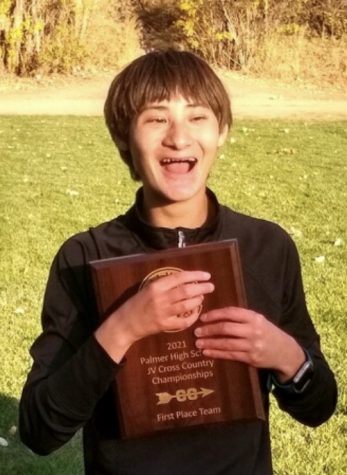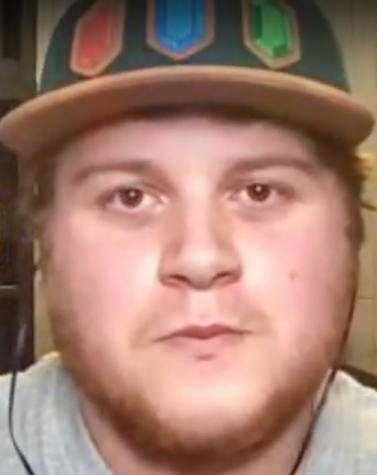Ukraine’s Battle for Nationhood
“Душу й тіло ми положим за нашу свободу” [Ukrainian national Anthem]
слава україні [Glory to Ukraine]
February 24, 2022. A date that will remain in my memory, the memories of my fellow Eastern Europeans, and perhaps the rest of the world.
For many Americans, this war isn’t personal. For most, the war is a source of moral outrage, inflation and higher gas prices, the potential for economic recession, and yet another conflict in a region of the world that is unfamiliar.
But for me, the discussion of it all feels like a slap to the face.
As I swipe through news feeds, it seems some people are more outraged by the rise in gas prices than the deaths in Буча (Bucha) and the bombings of Київ (Kyiv) and Харків (Kharkiv). Some have gone so far as to make jokes about the mass murder of civilians and blatant imperialism on the part of Russia. Others are fine speaking about foreign issues and policy without having done meaningful research and without applying common sense (in other words, something they really shouldn’t be doing).
For me, this war was déjà vu.
That may not sound like much. We’ve all taken a history class and heard about the crimes against humanity committed during the wars of the twentieth century. We are familiar with the war crimes, genocide, and horrors of the Holocaust. The only difference is I grew up on the other side of the world in the rebuilt Warszawa and in Stuttgart, both places completely devastated, reduced to the ground, by the Second World War, places that had to be rebuilt economically and physically post-war.
No one there made a joke because they knew they were standing in what used to be rubble and blood. To us, the people of Central and Eastern Europe, the idea of a world war or a draft is far from funny. In fact, what Americans only know as a distant conflict was our reality for many years. While it may not always be acknowledged, the brutality of war has affected Central Europeans and their hospitality.
As a Polish person, I don’t find it amusing when people joke about Zabory (the 1772 Tripartate, when Poland was divided between Russia, Prussia, and Austria) or Okkupacja (the occupation of Poland by the Third Reich and the USSR, who worked together in 1939 to divide Poland). I especially don’t find it humorous when people joke about Stalin, Hitler, or the Holocaust. The people who survived the war are still alive but fading, as are their stories. To me, the legacy of war is the perpetual attempts to rebuild nations and educate about our past so we learn the lessons, and not repeat the mistakes.
Війна: War [with the Russian Federation this time]
For Ukrainians, however, war is pervasive throughout their daily lives. For decades, Russia has employed every attempt to invade the lives of Ukrainians, but the brutality of the physical war began in 2014 with the illegal annexation of Крим (Crimea) and the internal battles with the separatist regions of Луганськ (Luhansk) and Донецьк (Donetsk) (which Putin recognized as republics in March, as he was launching his invasion).
The current military actions in Ukraine are complete wstyd i hańba ( Polish meaning, a “completely disgusting action”): civilians and children are killed, neighborhoods and cities are bombed, and people forced to flee the safety of their homes.
Since the Ukrainian-Russian invasion, the U.N. has estimated 500 children have died as of April 14, 4.8 million people have fled Ukraine, and 7.1 million have been internally displaced. Children speak to the media about witnessing the violent deaths of their parents. Some civilians have risked their lives, comforts, and safety in order to support the war efforts, deliver aid, comfort and meals, and protect themselves and others by dropping their keyboards and piking up a Kalashnikov. Some have specialized in the mass production of Molotov cocktails and the welding of “Czech hedgehogs” to slow or block armoured vehicles.
The cities of Київ (Kyiv) and Харків (Kharkiv) have experienced significant amounts of violence, to the point where hospitals, schools, and all manner of civlian infrastructure have been destroyed. As of April 14, 869 educational facilities have been destroyed. No structure is immune from Putin’s destructive forces.
Millions of people have fled their homes, unsure if they ever will return to their nation. Families fracture at the border and mothers escape to foreign countries with small children as the fathers are required to stay behind. Many women are forced to make the decision between leaving and fighting, many of which have chosen to seek refuge in my ojczyzna (Polish for ‘fatherland’). Ukrainian men from 18-60 don’t have this choice by law; they are required to stay in the name of Ukrainian Independence.
Losses of the Russian military seem to only fuel “Putin’s rage.” Attacks have become increasingly more violent, and more and more civilians are killed in deliberate attacks on the public.
I have known Ukrainians and Russians all of my life. They are my close friends and their parents, my mentors, including my orthodontist. We are part of the same language group, we have similar cultures and histories, and shared culinary dishes. We are all brothers and have been for centuries.
But our brotherhood is exactly what needs to be discussed. People misunderstand us: we are not the same, and we will never be. We embrace our differences precisely because empires and foreign powers have consistently tried to erase them, especially the Russian administrators. This cultural identity through diversity has bred obscene, indefensible violence over two decades, leading to the Ukrainian invasion today.
The Ukrainian identity has long represented more than a specific ethnic group; it stood for a people that refused Russification and Polonification efforts, which were essentially a Syzyfowa Praca (in reference to the myth of Sisyphus; a repetitive action to no avail). The Ukrainian identity and deep desire for freedom represent a reaction against the authoritarian regimes who long controlled their land, prohibited the use of their language and culture; an ingrained desire to have autonomy of Ukraine – and not suffer another cultural genicide.
Putin claimed he had a responsibility to liberate the Russian-speaking people in Ukraine from Nazis (Coincidentally, the same logic Hitler used to annex Sudetenland and Stalin used to occupy Poland), to prevent a genocide, and prevent “NATO expansion,” a peacekeeping mission. Twenty-seven percent of Ukrainians also identify as Russian, none of which asked Russia to invade on their behalf, and many of which are fighting for the freedom of Ukraine. What type of “peace-keeping” missions target hospitals, trainstations, and civilians attempting to flee the conflict zone?
Imperial powers have abused the term liberation in order to steal land, exploit people, and commit atrocities. Yet the term was never intended to be used this way; this word belongs to the oppressed, the imprisoned, the suffering, not the violent whims of a despot.
Many Ukrainians identify as ‘European’ over the distinctive title of ‘Eastern European’: Many other nations that happend to be east of the Elbe river in Germany are much more willing to be recognized by any title not including the word east – they consider themselves to have been European throughout their existance.
East is a very complicated word in Europe. It has the distinct connotation of poverty, crime, and prolonged occupation by the USSR. It is the descriptor dividing us from the rest of Europe and defining our people — when people mention Eastern Europe, others do not associate it with the beauty of our nations and cities, but with poverty and corruption. Ukraine, Poland, Romania, and other nations are often only discussed in relation to conflict with Russia, especially in a historical context. Regardless of whether we want to be associated with Russia and the USSR, we are. Ukraine as a country was looking forward to political stability and continuing economic improvement, attempting to distance itself from Belarus and Russia, a move most other Slavic and post-Soviet nations have made.
Допомогти: Help [How You Can]
There are ways that you can help. One of the best ways to do this is to donate to legitimate fundraisers working to help Ukrainian refugees and the effort of Ukrainians to fight for their homeland.
Secondly, educate yourself further on the conflict. Do not make quick assumptions, and make sure to fact-check the news you consume. Thoroughly research before educating others on the invasion. A hallmark of this 21st century war is the spread of misinformation and propaganda to sew doubt and division.
Most importantly, do not conflate all Russian peoplewith the actions of their leaders and military. They did not have an opportunity to freely choose thier government, they do not have the right to speak freely or seek a redress of their grievences, and the propaganda in an authoritarian state is incredibly pervasive. People who support the war are convinced that Ukraine is the aggressor and that Russia is the defender, including many older and rural populations who only have access to state media, believing in the power and goodness of their nation. Many Russians, especially the younger generations, have very bravely opposed this war in protests and through symbolic support like leaving yellow and blue flowers by the fences of the Ukrainian Embassy or tagging “NO WAR” across cities. Many, like the Ukranians, have left everything and are without hope they will ever have any freedom or welcome in their country.

